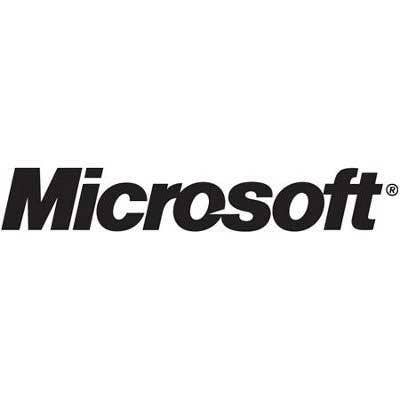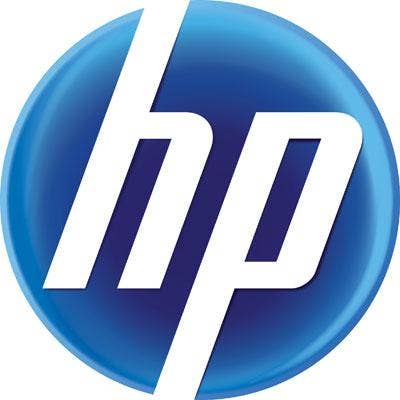Five IT Companies That Dropped The Ball This Week

Dell's Mobile Ascendance Hits A Big Pothole
Dell this week shuttered its mobile business unit and revealed that Ron Garriques, who has headed the unit since 2007, will be leaving the company. For a company that hasn't managed to generate much market interest in mobile devices like the Streak and Aero, the move amounts to a white surrender flag and, perhaps, a pressing of the reset button.
Garriques will stay on for a spell in a consultant role as Dell tries to figure out a different tack for building momentum in the mobile space. Clearly, losing an executive of Garriques' stature doesn't bode well for Dell's efforts to diversify its business beyond PCs and servers.

Microsoft Windows Phone 7 Eats Memory Cards
Windows Phone 7 devices debuted earlier this month, but Microsoft has already run into a spot of bother pertaining to MicroSD cards in the new mobile OS.
Some Windows Phone 7 devices come with an SD slot underneath the battery cover. But Microsoft has said from an early stage that Windows Phone 7 devices wouldn't support removable or expandable storage.
Somehow, OEMs ended up releasing devices that do allow users to add their own cards and expand storage. However, Windows Phone 7 ties the MicroSD card to that device, meaning it can't be taken out and plugged into another device. That's leading to some upset customers.
This is more the fault of OEMs than Microsoft, but the bottom line is that customers' MicroSD cards are being rendered useless, at least from a portability standpoint. Fingers are pointing at Microsoft, and perhaps undeservedly so, but Microsoft has to catch at least some of the blame for not keeping closer tabs on OEMs.

Verizon CEO Dances On Unlimited Bandwidth Future
Verizon hasn't even launched its 4G LTE network yet but it's already getting creative when it comes to tiered pricing. The Wall Street Journal reported this week that Verizon is exploring the idea of charging consumers based on the speed of their wireless data connection as well as for the volume of data they consume.
Of course, the big question in customers' minds is whether Verizon will follow AT&T's lead and ditch unlimited data altogether. Verizon CEO Ivan Seidenberg danced when asked about the future of the carrier's unlimited data plans. "I don't think the world's that simple," he told the Journal. "We need to get into it, figure out what the customer thinks is fair, and go from there."
Translation: We're aware of the howls of protest that would accompany any decision to do away with unlimited data, and so we're not going to get dragged into that controversy just yet.

Cisco's Chambers: Sorry For Gloomy Forecast
The repercussions of Cisco's soggy growth forecast continued this week when CEO John Chambers apologized to shareholders for subjecting them to an unpleasant shock during the company's Q1 earnings call.
Cisco's Q2 revenue guidance of between 3 percent and 5 percent elicited the kind of reaction from shareholders that's typically reserved for folks who’ve just been informed that they need a root canal. Cisco's shares have dropped around 20 percent since last week's earnings.
"We won’t surprise you very often, and I apologize that we did," Chambers said this week at Cisco's annual shareholders meeting, as reported by The Wall Street Journal.

HP Pats Self On Back Over Slate 500 Shortage
HP last month finally brought its Windows 7-powered HP Slate 500 to market, but the company appears to have miscalculated demand for the $800 business-focused tablet. HP ordered a limited production run of 5,000 Slate 500s but has received orders for 9,000, an anonymous source with knowledge of the situation told Engadget this week.
HP isn't the first company to blow it when it comes to forecasting demand for a product, but on its Web site, HP is now chalking up the Slate 500 shortage to "extraordinary demand." Talk about making lemonade from lemons. Hey HP, what's going on? Don't you know that only Apple gets away with this kind of audacious spin?